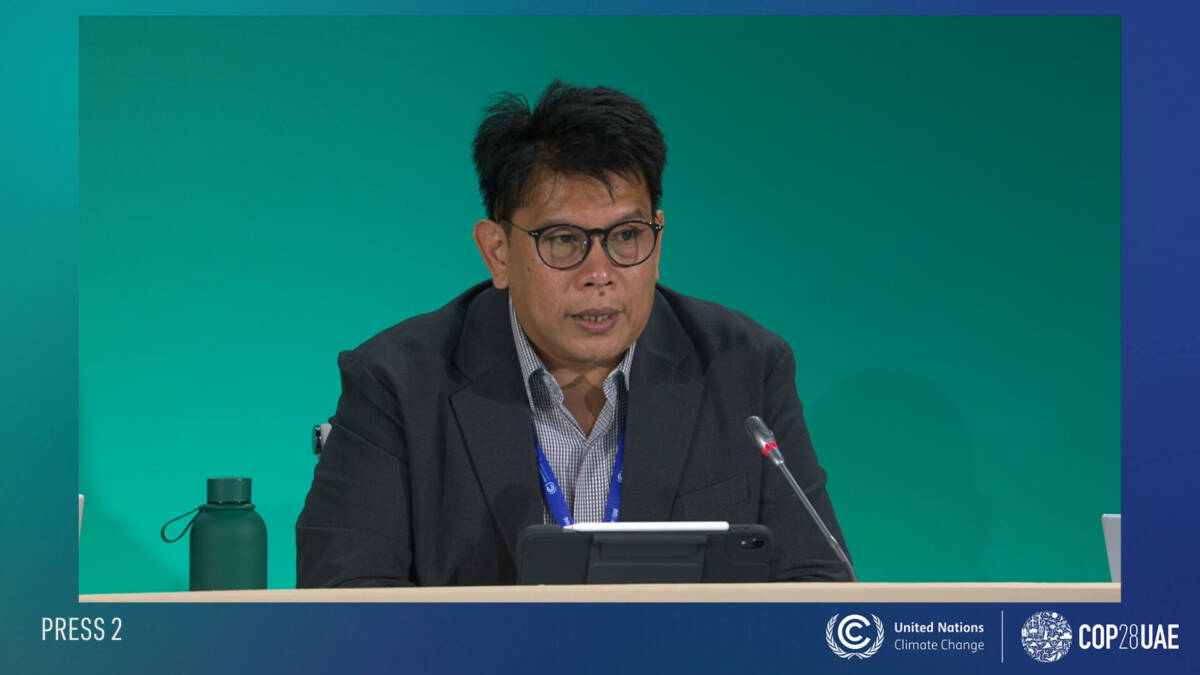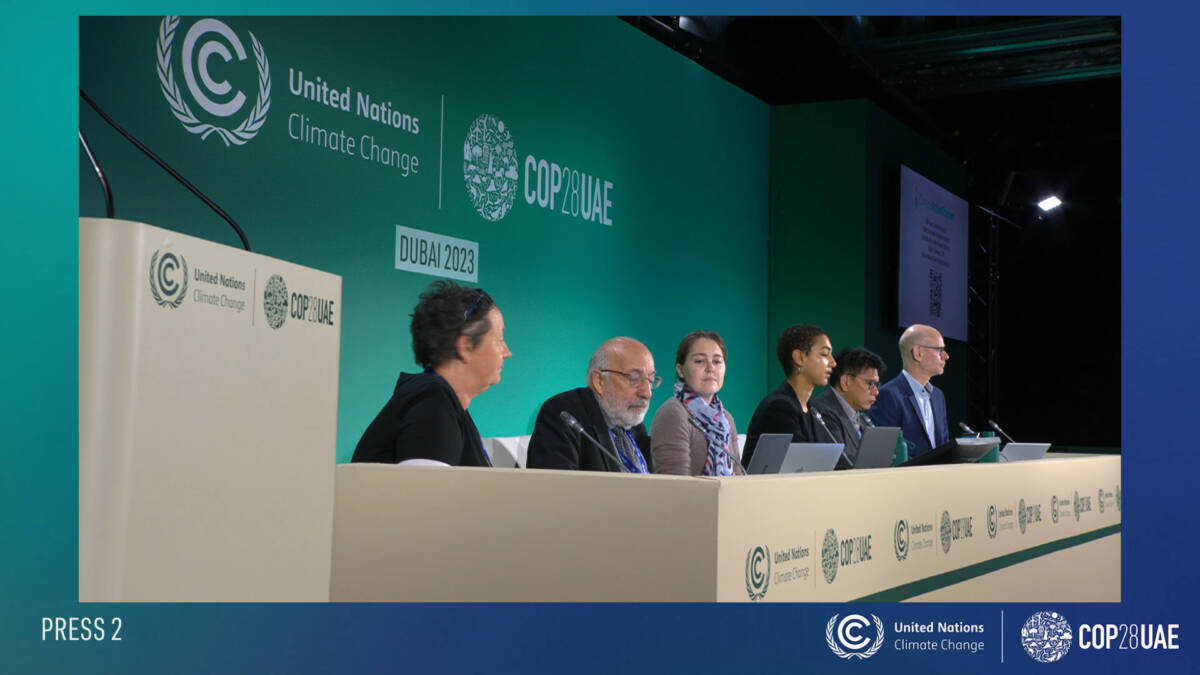
Jakarta, December 6, 2023 – The Climate Action Tracker (CAT) has released its latest report on the climate ambition and action of 42 countries, including the European Union. CAT’s assessment shows that there has been no significant change in global temperature reduction efforts since last year.
CAT modeled four temperature increase scenarios based on current policies and actions, 2030 emission reduction targets, net zero emission (NZE) targets and optimistic scenarios. All four scenarios lead to an increase in global temperature of between 1.8℃ and 2.7℃ by 2100.
Bill Hare, CEO of Climate Analytics said that even based on the global stocktake, the world is already off track to limit global warming to below 1.5℃.
“The emissions should be decreasing now and they should be decreasing quickly, but they’re continuing to increase. The central issue for this COP and the global stocktake is to reach a conclusion about the phasing out of fossil fuels. Unless we do that, I doubt whether we’re going to see an improvement in the temperature outcome,” said Bill Hare at the CAT press conference in Dubai (5/12).
Similarly, Claire Stockwell, Senior Climate Policy Analyst, Climate Analytics argues that countries’ emissions reduction targets for 2030 are very weak
“We assess the 2030 targets for countries that have very weak targets. So for countries that we already are projecting now can very easily meet those targets with current policies, including Indonesia,” Claire said.
Fabby Tumiwa, Executive Director of the Institute for Essential Services Reform (IESR) revealed that Indonesia’s downgrade to critically insufficient in terms of climate policy and action was due to an increase in emissions of over 21% compared to last year. Fabby explained that this increase was a result of constructing new coal power plants and resuming operations of previously paused power plants due to Covid-19.
“The Indonesia government actually has made a number of policies, for instance, last year the president issued regulations prohibiting additional new coal plants for utilities but allowing captive coal under specific conditions. We believe these regulations will have an impact, though not immediately, but perhaps in the near future,” Fabby said.
Niklas Höhne, an expert at the New Climate Institute, said that this insignificant emission reduction effort occurs because many countries are proposing backdoors to continue the use of fossil energy. He gave examples of several terms that reflect back door solutions, such as unabated fossil energy, shifting the focus to fossil fuel ‘emissions’, and phasing down fossil energy. Meanwhile, according to him, based on the Paris Agreement, countries have agreed to balance emissions and sources, and this can only happen if all fossil energy operations phase out.
“If we now decide on something more vague, like unabated fossil fuels, phasing out of emissions or something, that will be a step backwards,” he added.
He also highlighted technological solutions aiming to extend the life of fossil energy, like green hydrogen for use in gas boilers or producing ammonia using renewable energy and using it in coal-fired power plants. He considers these technological choices to be incorrect, inefficient, and costly.

